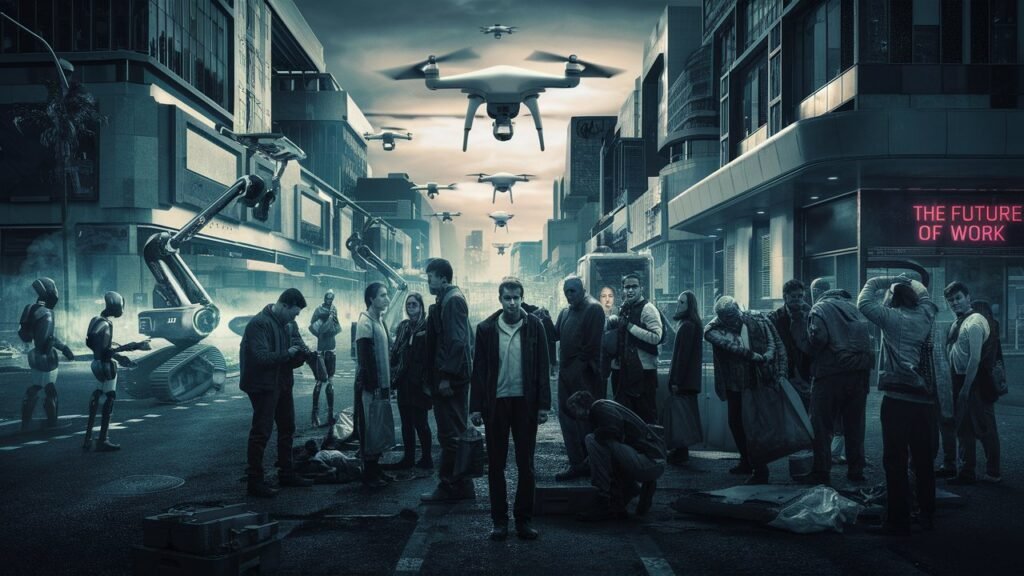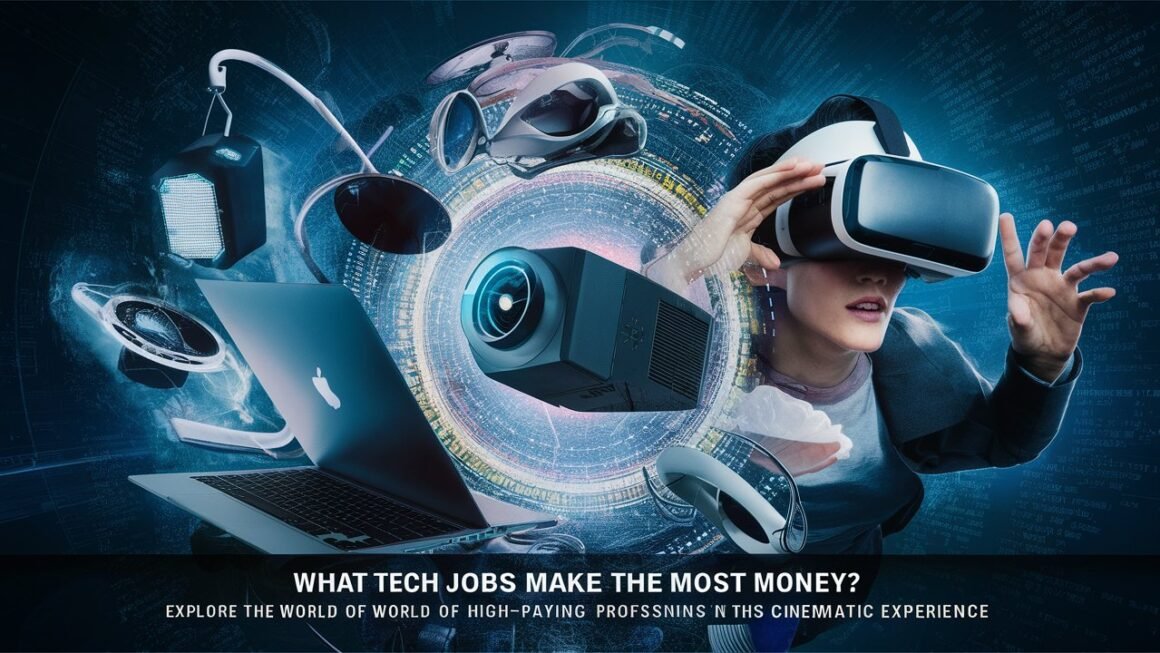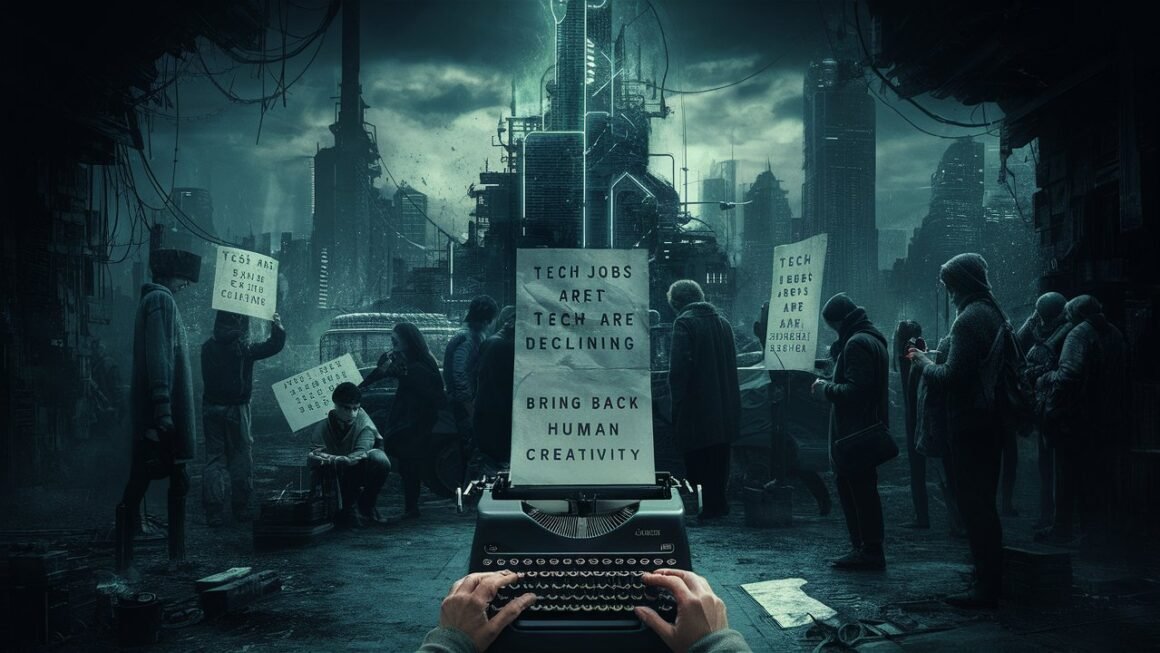In today’s rapidly evolving technological landscape, the integration of artificial intelligence (AI) has become ubiquitous. From virtual assistants to complex algorithms, AI has revolutionized various industries, including healthcare, finance, and transportation. One of the significant areas where AI’s impact is felt is in the realm of employment. As AI continues to advance, there is a growing concern about its potential to replace traditional tech jobs. In this article, we explore the tech jobs that AI may replace and the strategies individuals can employ to navigate this evolving job market.

Current Landscape of Tech Jobs
Popular Tech Jobs
Tech industry comprises a diverse range of roles, from software engineers and data analysts to cybersecurity specialists and UX/UI designers. These roles require a combination of technical expertise, problem-solving skills, and creativity.
Skills Required
In today’s tech landscape, proficiency in programming languages, data analysis tools, and cloud computing platforms is essential. Additionally, soft skills such as communication, collaboration, and adaptability are increasingly valued by employers.
Jobs AI is Already Replacing
Routine Tasks
AI excels at automating repetitive and mundane tasks, such as data entry, software testing, and basic troubleshooting. As a result, roles that primarily involve performing routine tasks are at risk of being replaced by AI-powered systems.
Predictive Analytics
AI algorithms are adept at analyzing vast amounts of data to identify patterns and make predictions. Consequently, roles that rely heavily on predictive analytics, such as financial analysts and market researchers, may see a shift towards AI-driven solutions.
Tech Jobs Vulnerable to AI
Repetitive Tasks
Jobs that involve performing repetitive tasks with little variation are particularly vulnerable to automation by AI. This includes roles like IT support technicians, where AI-powered chatbots can handle common inquiries and troubleshooting issues.
Data Entry and Processing
Data entry and processing roles, which involve manually inputting and organizing data, are ripe for automation. AI technologies can streamline these tasks, reducing the need for human intervention and minimizing errors.
Tech Jobs Less Likely to be Replaced by AI
Creative Roles
Roles that require creativity, innovation, and critical thinking are less susceptible to automation by AI. Jobs like graphic designers, content creators, and UX/UI designers rely on human creativity and intuition, making them less likely to be replaced by AI.
Human-Centric Roles
Roles that involve direct interaction with customers or require empathy and emotional intelligence are also less likely to be automated. Jobs in customer service, healthcare, and education rely on human-to-human connection, which AI struggles to replicate effectively.
Preparing for the Future
Upskilling and Reskilling
As AI continues to disrupt traditional job roles, individuals must adapt by acquiring new skills and knowledge. Upskilling and reskilling programs can help workers stay relevant in a rapidly evolving job market and enhance their employability.
Adaptability and Flexibility
In an era of AI-driven automation, adaptability and flexibility are key attributes for success. Workers who can quickly learn new technologies, pivot to different roles, and collaborate effectively with AI systems will thrive in the digital economy.

Conclusion
While the integration of AI presents challenges for the future of tech jobs, it also offers opportunities for innovation and growth. By embracing lifelong learning, fostering creativity, and cultivating human-centric skills, individuals can navigate the evolving job market with confidence and resilience.
FAQs
- Will AI completely replace tech jobs? While AI has the potential to automate certain tasks within tech roles, it is unlikely to replace entire jobs. Instead, AI is expected to augment human capabilities and create new job opportunities.
- Which tech jobs are least likely to be replaced by AI? Creative roles that require human creativity and emotional intelligence, such as graphic design and content creation, are less susceptible to automation by AI.
- How can workers prepare for AI-driven changes in the tech industry? Workers can prepare for AI-driven changes by upskilling and reskilling, fostering adaptability and flexibility, and emphasizing human-centric skills that AI struggles to replicate.
- Will AI impact entry-level tech positions? Yes, AI is likely to impact entry-level tech positions by automating routine tasks and augmenting job responsibilities. However, it may also create new opportunities for career growth and advancement.
- What role will humans play in a future dominated by AI? Despite advancements in AI, humans will continue to play a crucial role in leveraging technology to solve complex problems, innovate, and provide unique value that AI cannot replicate.




